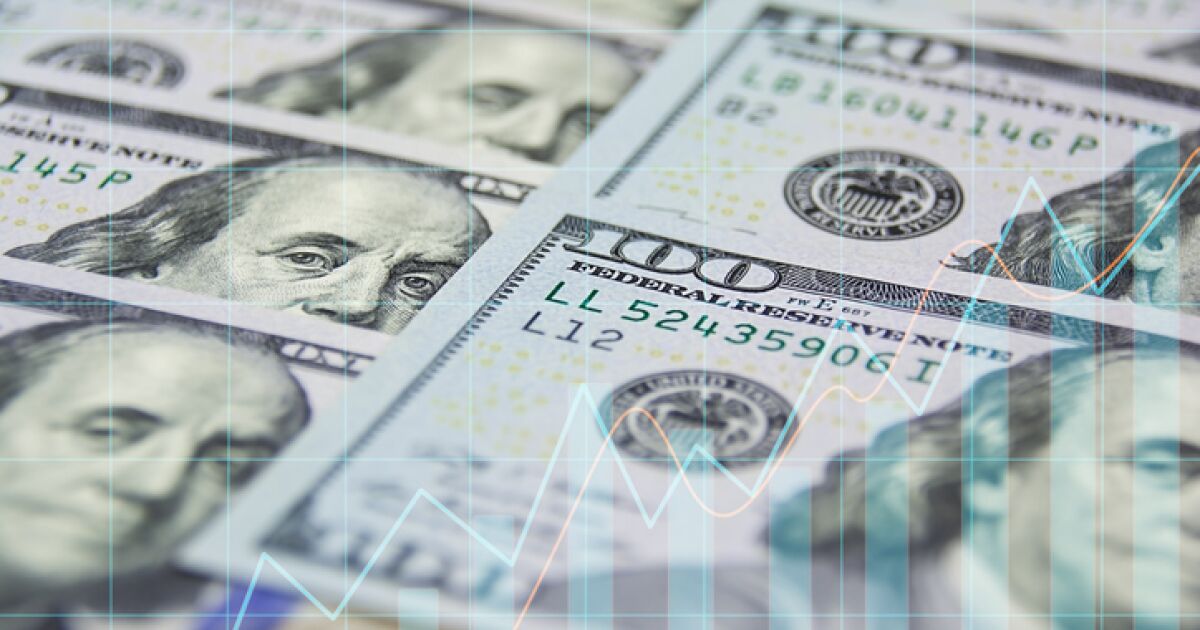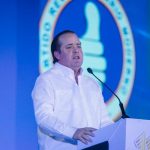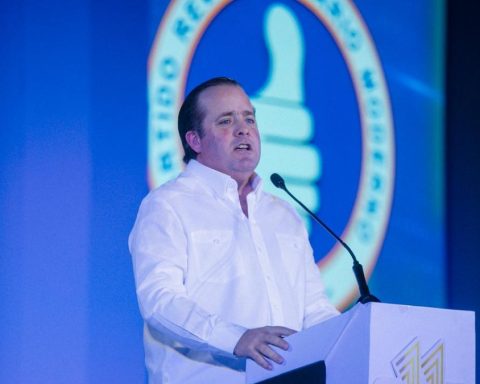Economists polled by Reuters had forecast 150,000 jobs added in January. Estimates ranged from a decline of 400,000 positions to a gain of 385,000 positions.
The resilience of the labor market could alter expectations that economic growth has slowed significantly in the first quarter after a solid advance in the fourth.
Economists had been bracing for more disappointing data when the government revised company payrolls in mid-January as omicron infections were at their peak.
Data from the Census Bureau’s Household Pulse Survey, released in mid-January, showed that 8.8 million people reported not being at work for coronavirus-related reasons between Dec. 29 and Jan. 10. The small business survey also showed an increase in sick leave, reporting large negative impacts from the pandemic between January 10 and 16.
Workers who are sick or quarantined and did not collect wages during the payroll survey period are counted as unemployed, even if they still have a job at their companies.
Hourly workers but working in industries such as health care, as well as leisure and hospitality, who generally do not have sick leave, were the hardest hit by the infectious wave in winter.
According to the latest government data, paid sick leave was available to 79% of civilian workers as of March 2021.
Employment could increase further with the decline in coronavirus infections. First-time jobless claims fell for a second consecutive week last week, falling further from a three-month high in mid-January, the government said on Thursday.
The United States is reporting an average of 354,399 new COVID-19 infections per day, well down from more than 700,000 in mid-January, according to a Reuters analysis of official data.
The unemployment rate was 4.0% in January. The Government introduced new population measurements, which caused a break in the series. The January unemployment rate and other proportions from the household survey are not directly comparable to the December figure.
Economists and White House officials had urged not to be too alarmed by a weak report. The Federal Reserve is expected to start raising interest rates next month and some economists anticipate as many as seven hikes this year to control inflation.

















